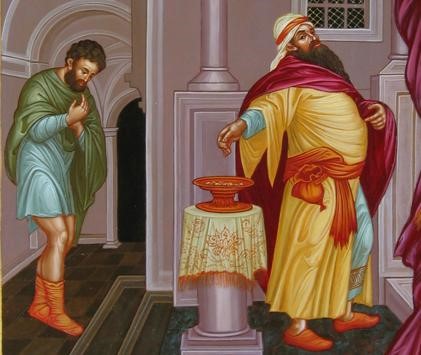Grace is the divine seed planted in our souls, a gratuitous gift from God that calls us to grow in faith, hope, and love. Through the sacraments, the practice of virtues, and prayer, we nurture this grace, allowing it to flourish and bring us closer to God. As St. Teresa of Avila reminds us, it’s not the grandeur of our works but the love with which we perform them that matters.










